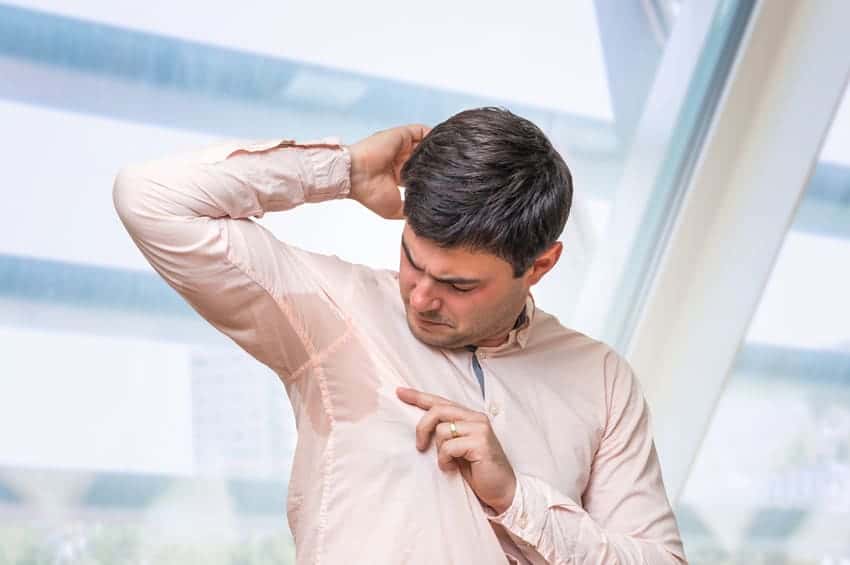If you experience heavy sweating, constant sweating, or both, you might have a condition known as hyperhidrosis. It’s not a life-threatening diagnosis, but it is uncomfortable, embarrassing, and often psychologically traumatic.
When you have hyperhidrosis, you will tend to sweat excessively. It typically develops in adolescence, and it affects millions of Americans. There are two main types of hyperhidrosis that cause heavy sweating, and they are primary idiopathic hyperhidrosis and secondary hyperhidrosis.
Primary idiopathic hyperhidrosis
Primary idiopathic hyperhidrosis is the most common cause of excessive sweating; it affects roughly 1% to 3% of the population. This type of hyperhidrosis tends to be localized, or focal, affecting specific areas of the body like the hands and feet. There is usually not a known cause for this type of hyperhidrosis.
Causes
People used to think that primary hyperhidrosis was linked to the patient’s emotional and mental state. However, recent research suggests that people with primary hyperhidrosis are no more prone to feelings of nervousness, anxiety, or emotional stress than the rest of the population. Certain genes are thought to play a role in hyperhidrosis, so some experts think that it’s hereditary. The majority of patients with primary hyperhidrosis have a parent or sibling with the same diagnosis.
Secondary hyperhidrosis
Secondary hyperhidrosis occurs when a person experiences heavy sweating because of an underlying health condition, like menopause, obesity, gout, tumors, mercury poisoning, diabetes mellitus, or hyperthyroidism. This type of hyperhidrosis tends to be generalized, affecting the entire body.
Causes
Some common causes of secondary hyperhidrosis include:
- Spinal cord injury
- Alcohol abuse
- Substance abuse
- Anxiety
- Diabetes
- Gout
- Heart disease
- Hyperthyroidism
- Obesity
- Parkinson’s disease
- Pregnancy
- Respiratory failure
- Shingles
- Some cancers
- Some infections (HIV, tuberculosis)
- Some medications (antidepressants, anticholinesterases, propranolol)
In order to be diagnosed with one type of hyperhidrosis over the other, your doctor will have to rule out any underlying conditions like low blood sugar or hyperthyroidism by ordering urine and blood tests. Then, you will be asked about the patterns of your sweating. When your doctor figures out the potential causes and severity of your condition, they will be able to provide you with a diagnosis.
If you get diagnosed with hyperhidrosis, it’s important to know that you aren’t alone. There are many different treatment options so you can get your life back and control your heavy sweating.


0 Comments